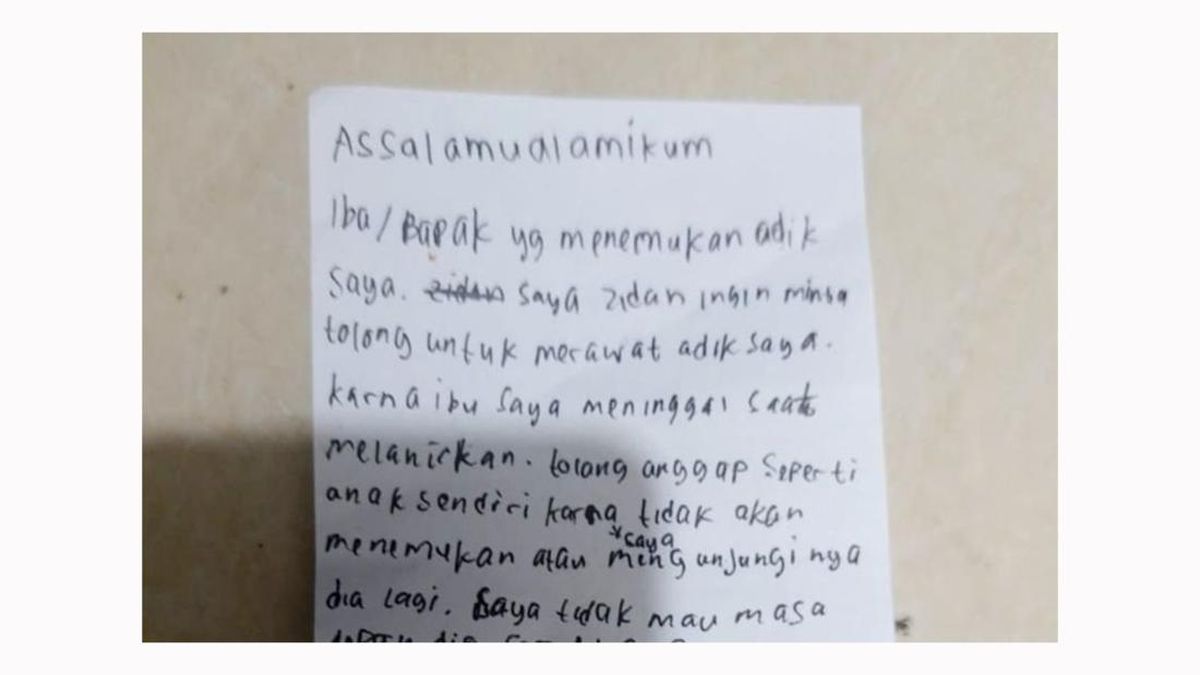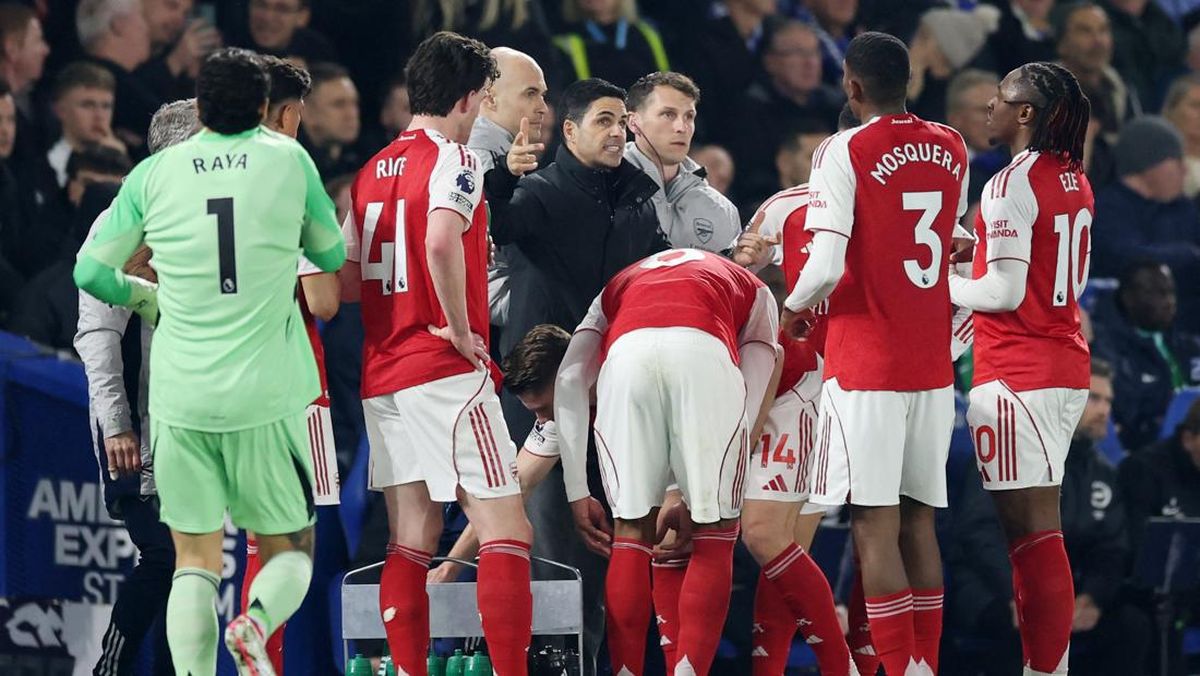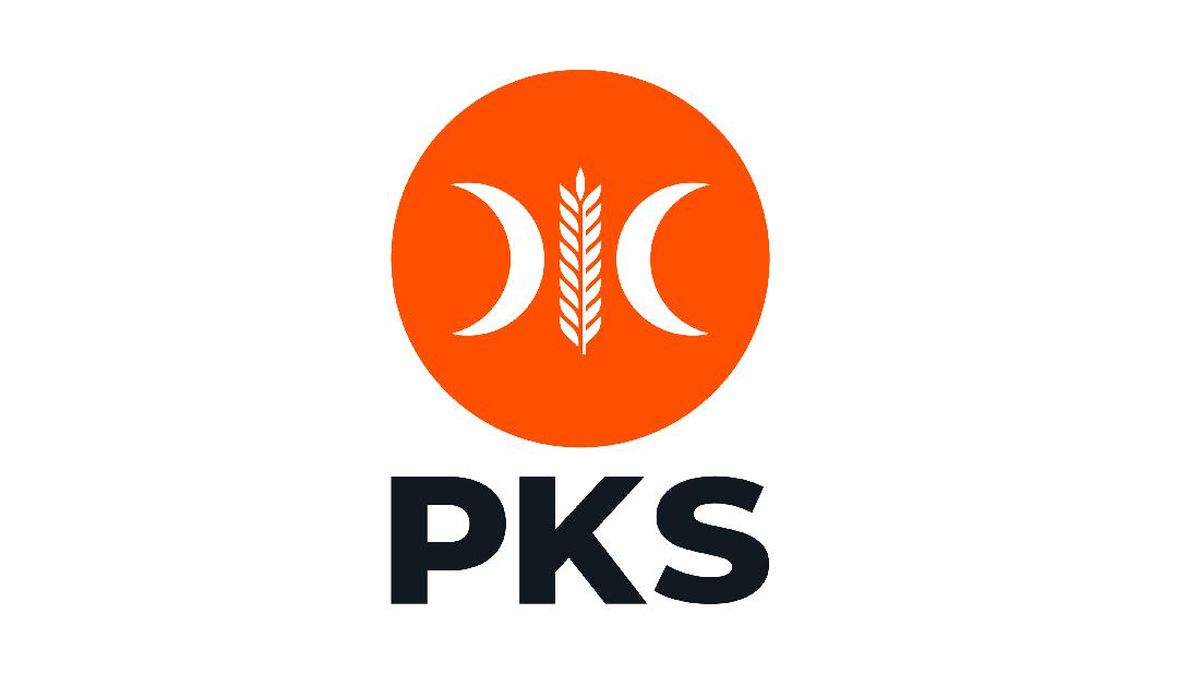 Medical debt can be written off, but not in the automatic or universal way many people hope for.
Manusapon Kasosod/Getty Images
Medical debt can be written off, but not in the automatic or universal way many people hope for.
Manusapon Kasosod/Getty Images
Medical debt has become one of the most disruptive financial issues Americans face today. Even with health insurance, high deductibles and surprise billing can leave households owing thousands of dollars they never planned for. And with inflation affecting everything from prescription costs to hospital fees, many families are struggling to keep up with monthly payments. It's no surprise, then, that medical debt now commonly ends up in the hands of debt collectors.
At the same time, there's growing pressure on hospitals, insurers and policymakers to ease the burden caused by medical debt. For example, some nonprofit hospitals have expanded financial assistance guidelines, and a handful of states are pushing for stronger consumer protections. These changes reflect a growing recognition that medical debt is generally not money you chose to spend, but rather the cost of necessary care.
But while these types of shifts can help ease the pressure from lingering medical debt, they don't typically result in having your medical debt erased. And, one of the main questions that those in this situation have is whether it's even possible to have medical debt wiped out completely. So, can that happen? That's what we'll detail below.
Find out how you can get help with reducing your medical debt now.
Does medical debt ever get written off?
Medical debt can be written off in some circumstances, but not in the widespread way many people hope for. Instead, several different processes can result in medical debt forgiveness, cancellation or an account being considered "uncollectible." Here are the most common scenarios:
Via hospital charity care and financial assistance programs
Nonprofit hospitals are generally legally required to offer financial assistance or charity care to borrowers who qualify under specific income guidelines. While eligibility varies by facility, the ability to qualify for this type of debt forgiveness or relief is often based on income relative to the federal poverty level. If approved, a portion or, in some cases, all of your medical debt may be forgiven.
Learn more about the relief options you can use to tackle your debts today.
Through the statute of limitations
Every state has a statute of limitations that limits how long a medical provider or debt collection agency can sue you for unpaid bills. Once that window closes, which is generally between three and six years, the debt becomes "time-barred." That means you still technically owe the medical debt balance, but debt collectors can't legally sue you to enforce payment. This isn't the same as a true write-off, but it does change what creditors can do. And in many cases, debt collectors will just stop pursuing very old debts once they're legally unenforceable.
By hospital or provider write-offs
Some providers write off uncollected bills after a certain period has passed, typically when they determine the patient cannot or will not pay. This is largely an accounting action, though, and the debt may still be assigned to collections. However, in these cases, the provider has effectively acknowledged that collecting the full amount is unlikely.
By filing for bankruptcy
Medical debt is one of the most commonly discharged unsecured debts in personal bankruptcy, whether you're filing for Chapter 7 or Chapter 13 bankruptcy. Chapter 7 can eliminate medical bills in full after your case is approved, while Chapter 13 may reduce how much you must repay through a structured plan. In either case, though, filing for bankruptcy comes with serious long-term credit impacts. It also provides a clear, legal path to lowering medical debt, though, so it could be worth pursuing.
Through negotiation or settlement
If your medical account has already been sent to collections, the debt collection agency may agree to settle for less than the full balance, as debt collectors will typically purchase your debt for pennies on the dollar, leaving room for negotiating a lower payoff amount. This doesn't technically mean the debt was written off, but the forgiven portion may be canceled by the debt collector.
What are your options if you're struggling with medical debt?
If your medical bills feel unmanageable, you don't have to wait to see if it's eventually written off after enough time has passed. There are proactive steps to take that can help you regain financial control. Here's what you can do if you find yourself in this situation:
Work with a professional
Debt relief companies can negotiate directly with your creditors or debt collectors to try and lower how much you owe. If you have numerous outstanding medical bills that you can't afford to pay, this option may consolidate your efforts and help you settle for less than the full balance, especially if some have already gone to collections.
Consider debt consolidation
If medical bills are mixed in with credit card debt or other obligations, a debt consolidation loan may help. By rolling your balances into one fixed-rate loan, you can simplify your monthly payments and potentially lower your costs overall.
Take advantage of credit counseling
Credit counseling agencies can help you create a repayment plan while negotiating lower interest rates (for credit-related debts). While credit counselors can't always help you reduce your medical balances, they can help you structure the payments, along with your other debts, in a way that fits within your finances.
Check assistance eligibility
Many people assume they're ineligible for charity care through a hospital once a medical bill hits collections, but that's not always true. If you're within the income guidelines, the hospital may still forgive a substantial portion of what you owe.
The bottom line
Medical debt doesn't vanish on its own, but there are scenarios where it can be forgiven, canceled or rendered legally uncollectible. The challenge is that these outcomes often require action, whether applying for hospital assistance, negotiating a settlement or exploring broader debt relief options. If your medical bills are piling up, though, don't wait for the debt to age out on its own. Reviewing your options now can help you reduce what you owe and allow you to move toward financial stability.
Edited by Matt Richardson


















































